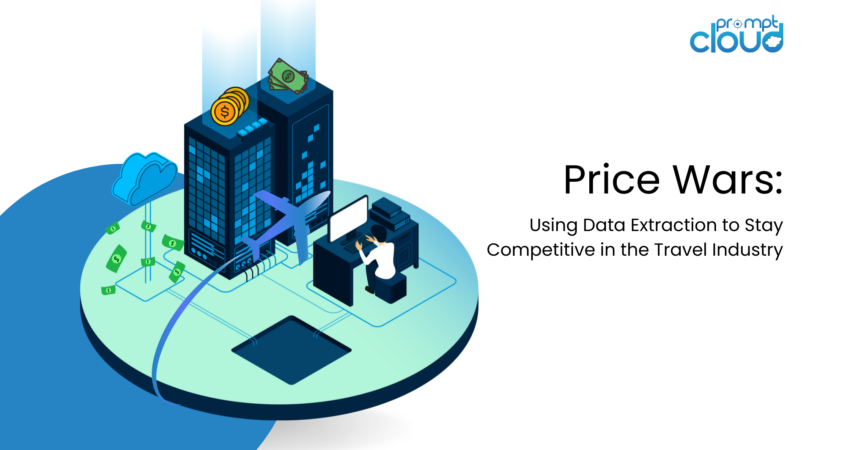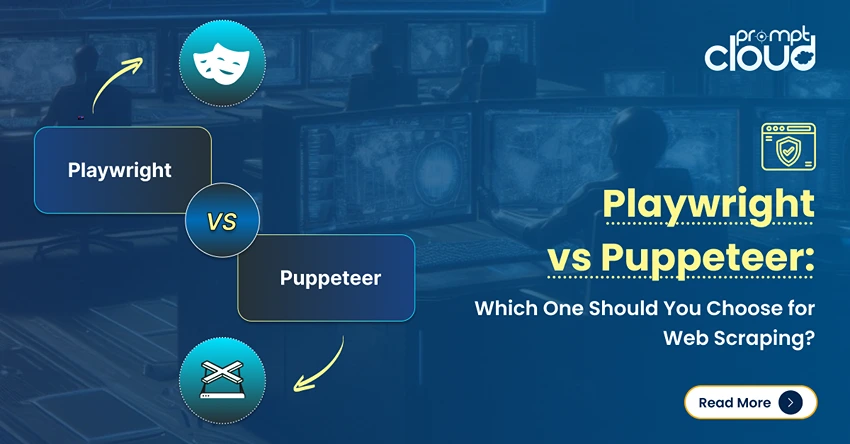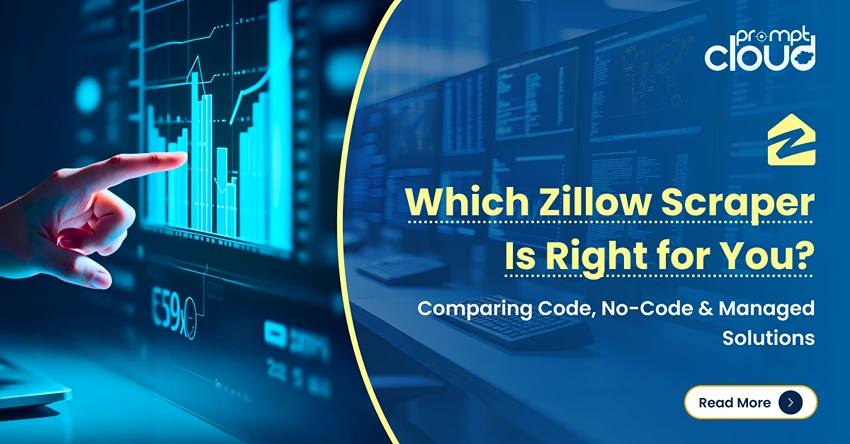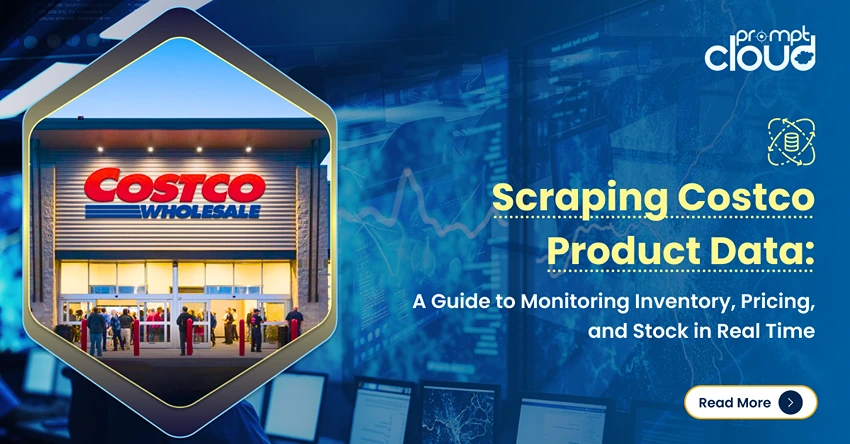
The travel industry is one of the fastest-growing sectors globally, driven by increasing consumer demand and technological advancements. With so many players vying for market share, price wars have become inevitable. However, winning at price wars requires more than just offering low prices; it involves smart decision-making backed by accurate and timely data. That’s where data extraction comes into play. By scraping travel data, travel companies can leverage data extraction to stay competitive in the cutthroat pricing environment.
What is Data Extraction?
Data extraction, also known as web scraping, refers to the process of automatically collecting structured data from various sources. Exploring data from multiple sources is time-consuming and prone to errors. By partnering with a web scrapping service provider like PromptCloud – an expert in scraping travel data, businesses can optimize prices and discounts.

Image Source: Medium
For instance, travel companies could extract competitor prices, availability, reviews, and other relevant data points from booking sites like Expedia, Booking.com, etc., providing valuable insights into the market trends and competition dynamics.

Image Source: NetCredit
Why Should You Care About Data Extraction?
Stay Ahead Of Market Competition
Knowledge is power, especially when it comes to staying ahead of competitors. Regular monitoring of competitor prices allows you to adjust your own prices strategically, ensuring profitability while remaining attractive to customers. Moreover, tracking non-price factors such as amenities offered, user ratings, and cancellation policies helps enhance product offerings based on customer expectations.
Suppose a budget airline wants to keep its ticket prices lower than its main competitors. By regularly extracting fare information from rival airlines’ websites, the company can monitor their pricing strategy and adjust accordingly. For instance, if a competitor raises its economy class fares for a particular route, the airline can seize the opportunity to attract passengers looking for cheaper options.
Cruise lines can compare features, amenities, and prices across their competitors to assess their relative value proposition. By extracting detailed descriptions and images from competing cruise operators, a line can identify areas where they excel or fall short compared to rivals, enabling targeted improvements to their offerings.

Image Source: Kayak
Identify Market Opportunities
Analyzing historical price patterns and seasonality trends enables identification of lucrative opportunities within specific markets or periods. Armed with these insights, travel firms can tailor marketing campaigns targeting high-demand destinations during off-peak seasons or introduce promotional offers leveraging gaps left by competitors.
Analyzing historical price trends reveals insights into peak and off-peak travel times, helping hotels capitalize on less crowded periods. For instance, ski resorts can offer discounted packages during shoulder seasons to boost occupancy rates and generate additional revenue.
With travel data, tracking search queries and bookings for emerging tourist spots indicate shifting preferences among travellers. Once identified, travel agencies and tour operators can develop specialized packages catering to this newly found interest.

Image Source: Cheap Air
Optimize Revenue Management Strategies
Effective revenue management hinges on having real-time visibility over supply and demand fluctuations. Through continuous data extraction, travel businesses gain access to up-to-date inventory levels, allowing them to optimize room rates dynamically according to changing circumstances.
Hotels can combine extracted data on guest demographics, length of stays, and preferred room types with internal reservation systems to improve yield management techniques. By predicting which segments will likely book rooms in advance versus last minute, properties can allocate resources efficiently and maximize overall profits.
Challenges And Considerations
While there are numerous benefits associated with scraping travel data, several challenges need addressing:
Cost Implications
Data extraction projects can be resource-intensive, involving significant costs related to technology investment, maintenance, and human resources. Careful consideration should be given to budget allocation for these initiatives, including potential return on investment (ROI) calculations.
Time Consumption
Depending on the complexity of the website structure, extracting specific data points might require substantial time and effort. Moreover, ongoing changes in web page layouts could necessitate frequent updates to the scraping scripts, thereby demanding continuous monitoring and adjustment.
Ethical Considerations
There is an ongoing debate about the ethical implications of web scraping. While some argue that it’s simply leveraging publicly available information, others believe it infringes upon privacy rights or violates the intended use of the data. Adopting fair and transparent practices, minimizing disturbance to the target sites, and respecting user privacy are crucial aspects of responsible data extraction.
Reputation Risk
If not conducted ethically, data extraction has the potential to damage the reputation of both the entity performing the scraping and the one whose site is being targeted. This could lead to negative publicity, legal repercussions, and potential loss of customer trust.
Technical Expertise
Successfully executing a data extraction project requires proficiency in various programming languages, an understanding of different types of databases, and familiarity with web technologies. Companies lacking internal expertise may find it challenging to implement and manage effective data extraction processes. Hence it’s better outsourced.
Change Management
Website owners regularly update their platforms, which can break existing scrapers and result in downtime or inaccurate data collection. Anticipating and adapting to such modifications calls for proactive measures, regular testing, and adaptable scraper architectures.
Conclusion
Price wars represent fierce battles fought daily in the travel sector. Winning these battles necessitates utilizing every tool available, including scraping travel data.
Despite inherent challenges, data extraction initiatives yield substantial rewards in the form of enhanced competitiveness and improved financial outcomes.
PromptCloud has helped several businesses in various sectors improve their business operations by providing the right data. If you are interested in a demo or to know more, submit your requirements today.



















